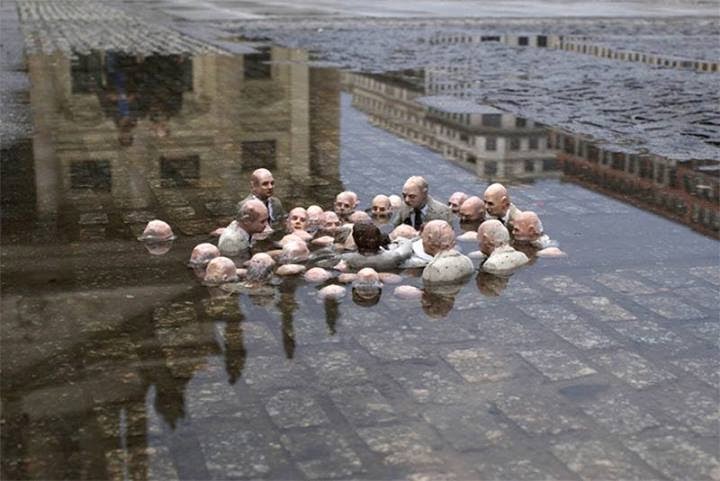I thought that if we were to destroy our current tools, it is unlikely that a similar state of technology would ever be reached on this planet again because we have tapped the easily accessible metals and fuels.
Easily mined metals simply don't exist in sufficient quantity any more. (Never mind any technology that may use helium).
I'm pretty sure we'll leave behind plenty of easily accessible metals. Natural processes will replenish and disseminate a lot of other parts and resources as well.
Moreover, I don't think we'll start back at square 0. Should our civilization collapse now, what comes after will have stories of the collapse, retained some scraps of knowledge, and there'll be plenty of artifacts of our existence. But rebuilding the society and infrastructure required for this level of technology development will be a considerable effort that will likely require dozens, to hundreds to thousands of years depending on the extent of societal destruction.
This was an interesting post, but we are quickly approaching the threshold where human activity becomes moot. Can technological advancement and societal level change happen soon enough? What is the window? No one really knows, but what we are observing is that models are too conservative and things are moving fast enough to surprise scientists who made predictions within just the last five years. We interview all these scientists of different disciplines and many are saying, "Well, yeah but... this phenomenon I'm somberly describing to you at the moment in detail isn't actually even accounted for in the models". Whether it's methane releases, the diminished albedo effect from blackened snow and ice cover, there are all these contributing factors (amplifiers) that the models don't currently account for. Every year there is more of it. Every year the predictions of sea level rise look more grim. The IPCC predictions are even scary and their stuff is like a wet fart compared to reality. Too conservative. Too political. (get the fuckin politicians out of that shit already!) The window continues to shrink and we do nothing.
Unexpected and accelerating technology might be a trump card, but of course technology isn't the only thing accelerating.
I think most scientists will concur that if we stop all emissions tomorrow, the damage already done is largely recoverable.
But most climate scientists also operate on the basis that human behaviour is slow to change (because it has been), and that given the current rate of change - that carbon emissions continue to grow despite their warnings... they can only see dire results for humanity in the next few decades.
Socially, politically... we're completely fucked - and if those are the only cards we had to play, humanity would be well on its way to irrevocable climate change creating a new steady state not capable of supporting nearly as much life as it does now.
But you know... what are you going to do? Despair and give up? Best to hold onto some hope right? Technology is a far more significant vector of change in our current age than any other.
Socially/politically/psychologically (by themselves), we're just not capable of dealing with this sort of low feedback, low speed, maximally globalized problem. Even when the physical signs are becoming too obvious, we will find reasons to obfsucate and ignore.
But at this point... tech change is an inevitably, as sure as climate change is. So why not update our world model to account for it, so that we can understand the kind of social/political/psychological changes we need to make to make the best of it?
It seems far more rational to me than pretending it's not a factor when it's one of the most significant factors, and pretending as if the only tool we have to solve big problems with is trying to change human nature and behaviour.



